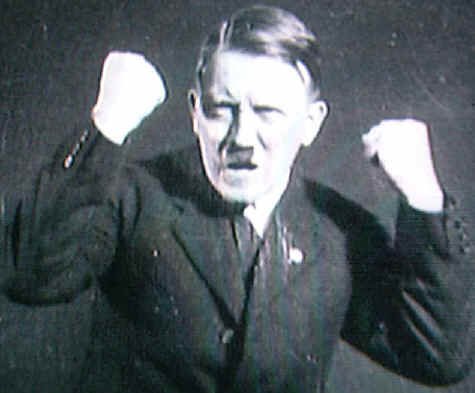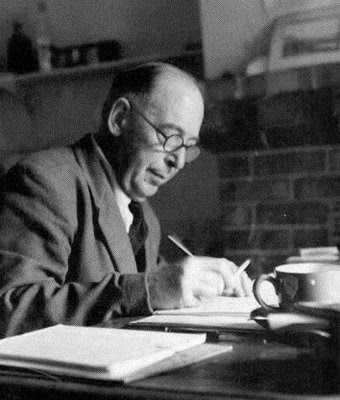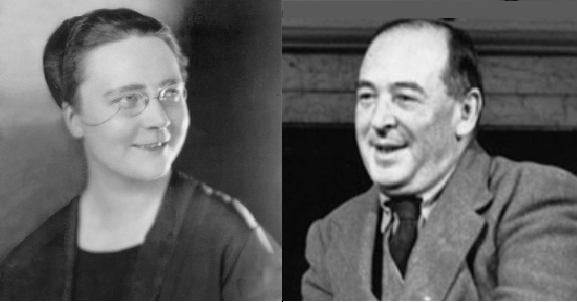This is will be my third and final look at connections I see between C. S. Lewis’s thoughts and what Dorothy L. Sayers wrote in her valuable work, The Mind of the Maker.
Chapter eight is appropriately entitled “Pentecost,” as it focuses on the power of words to move men. Lewis was a dedicated wordsmith who knew that the right words used at the right time in just the right way, could spark the imagination and jumpstart the mind. Sayers shares that same mindset and worries that people don’t really grasp the power of words for both good and evil. She warns, “The habit, very prevalent today, of dismissing words as ‘just words’ takes no account of their power.” Sadly, men are often moved by the wrong kinds of words. Words—mere words—can often lead to unforeseen and devastating actions.
Reflecting on the reality of 1941, in the midst of WWII, Sayers remarks, “At the time when these words are being written, we are witnessing a fearful judgment of blood, resulting from the incarnation in deeds of an Idea to which, when it was content with a verbal revelation, we paid singularly little heed.” She then offers a critique of modern education—something Lewis undoubtedly affirmed when he read her words—noting that it seems to short-circuit the power of words too often. However, she cautions, “Pentecost will happen, whether from within or without official education. From some quarter of other, the Power will descend, to flame or to smolder until it is ready to issue in a new revelation. We need not suppose that, because the mind of the reader is inert to Plato, it will therefore be inert to Nietzsche or Karl Marx.”
Lewis often touched on what he considered the wrong emphasis on the concept of originality in writing. “Of all literary virtues ‘originality,’ in the vulgar sense, has . . . the shortest life,” he opined. Lewis’s essay, “Membership,” includes this comment: “No man who values originality will ever be original. But try to tell the truth as you see it, try to do any bit of work as well as it can be done for the work’s sake, and what men call originality will come unsought.” In the same spirit, Sayers instructs her readers, “The demand for ‘originality’—with the implication that the reminiscence of other writers is a sin against originality and a defect in the work—is a recent one and would have seemed quite ludicrous to poets of the Augustan Age, or of Shakespeare’s time. The traditional view is that each new work should be a fresh focus of power through which former streams of beauty, emotion, and reflection are directed.”
Thrice in The Mind of the Maker Sayers quotes Lewis—this was before she made first contact with him, thereby showing her familiarity with his works. One quote is from The Allegory of Love emphasizing the importance of purity of intention in writing. The other two are from The Problem of Pain, one quoting Lewis on the nature of God’s love, “the consuming fire Himself, the Love that made the worlds, persistent as the artist’s love for his work.” The second quote uses Lewis to affirm Sayers’s belief in the difference between kindness and love and the artist’s love for his/her work. Although Lewis, in his correspondence, didn’t elaborate on precisely why he liked The Mind of the Maker, it’s not difficult to see the congruence of thought with Sayers on a multitude of subjects.




